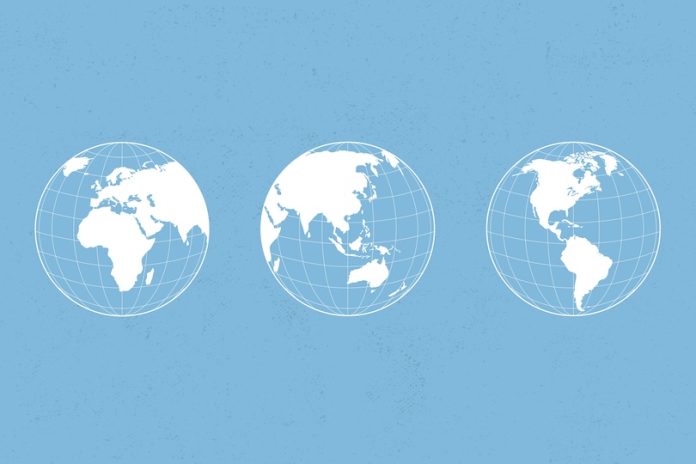Decolonising the curriculum (DtC) has been a prominent topic in higher education institutions worldwide, spurred by movements such as Rhodes Must Fall (2015) at the University of Cape Town and similar actions in the UK. The Black Lives Matter movement (2020) has also contributed to challenging the dominance of whiteness in educational narratives. Many universities in the global north have responded to the question of ‘why is my curriculum white?’ by creating resources for module convenors, drafting manifestos, and hosting meetings and seminars addressing the needs of BAME (Black, Asian, and Minority Ethnic) students. Scholars in International Relations have voiced concerns about the anglo-centric nature of knowledge dissemination in the field (Bhambra 2021; Go 2018; Santos 2014; Shilliam 2021; Smith 2012; Quijano 2007). Their efforts to decolonise are rooted in acknowledging the racialised, capitalist, and heteropatriarchal power structures that influence global politics.
Decolonisation involves questioning the dominance of western knowledge systems that have historically commodified indigenous and non-western knowledge, treating them as raw materials to be exploited and distributed (Smith 2012). Despite being a historical process, colonization continues to shape educational environments. The curriculum in international relations often perpetuates western-centric perspectives rooted in colonial legacies, whether discussing global financial imperialism or the Global War on Terror. This hegemonic discourse is evident in mainstream courses that present western theories as universal knowledge while overlooking the diverse voices and histories of marginalized communities.
This article reflects on the process of decolonising the International Relations curriculum at a private university in India. While decolonisation efforts are necessary, they unfold within institutions marked by privilege and inequality that decolonisation aims to address. Neoliberal ideals emphasizing market forces and economic rationalism often limit critical thinking opportunities (Smith 2022). Institutions in the global south often emulate core institutions, prioritizing rankings and recognition at the expense of challenging dominant knowledge structures. The author argues for a contextualized approach to decolonising the curriculum in global politics that considers the socio-political-economic context of teaching.
During an introductory module on International Relations, students engaged in a group activity of filling in a world map with country names they could recall. The activity highlighted glaring gaps in their knowledge, with certain regions being hyper-visible and others neglected. This activity underscored how educational biases are shaped by societal norms, impacting students’ worldviews. Decolonising education requires a process of unlearning biases and acknowledging the silences within existing curricula.
As a teacher, the decision to retain or abandon traditional canons poses a constant dilemma when designing curricula. Curricula reflect exclusionary decisions on what to include, often privileging elite voices while excluding marginalized perspectives. A truly decolonised curriculum goes beyond showcasing famous scholars and incorporates diverse voices challenging oppressive power dynamics. However, structural constraints can hinder the inclusion of non-conventional scholarship, making decolonisation an ongoing, incomplete endeavor.
Challenges in decolonising education often revolve around misinterpretations of decolonisation as a rejection of western ideas rather than a critique of their dominance. Decolonial interventions risk perpetuating hegemonic structures and imperial tendencies if not approached critically. The integration of indigenous knowledge in higher education curricula must align with decolonisation goals and not fuel nationalist agendas that uphold existing hierarchies.
Classrooms can perpetuate epistemicide by obscuring alternative viewpoints, emphasizing the need for participatory pedagogies that encourage critical questioning and co-creation of knowledge. Decolonial praxis in education involves fostering reflexivity and challenging power dynamics inherent in knowledge production, moving away from traditional teaching models towards inclusive dialogue and experiential learning.
Further Reading on E-International Relations




